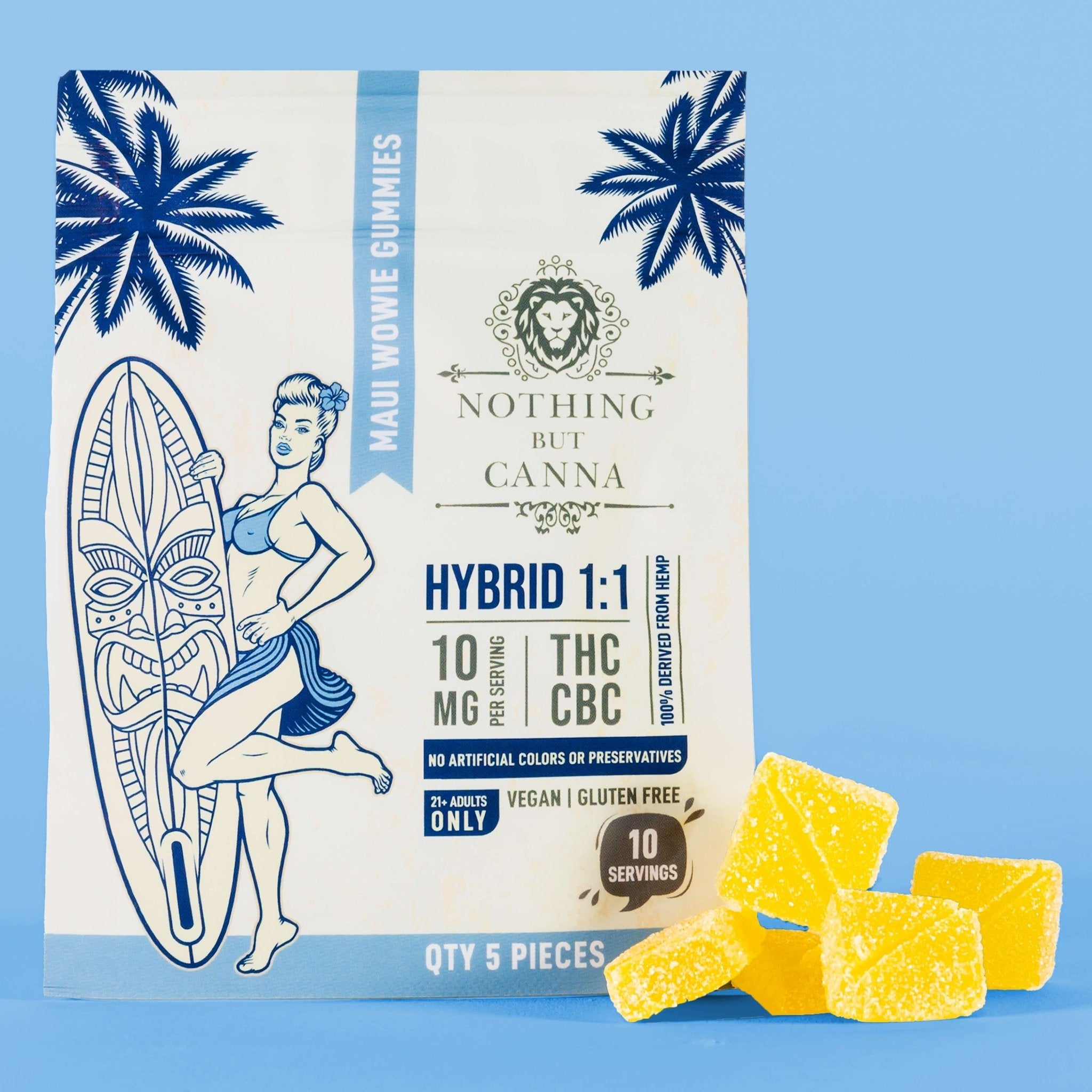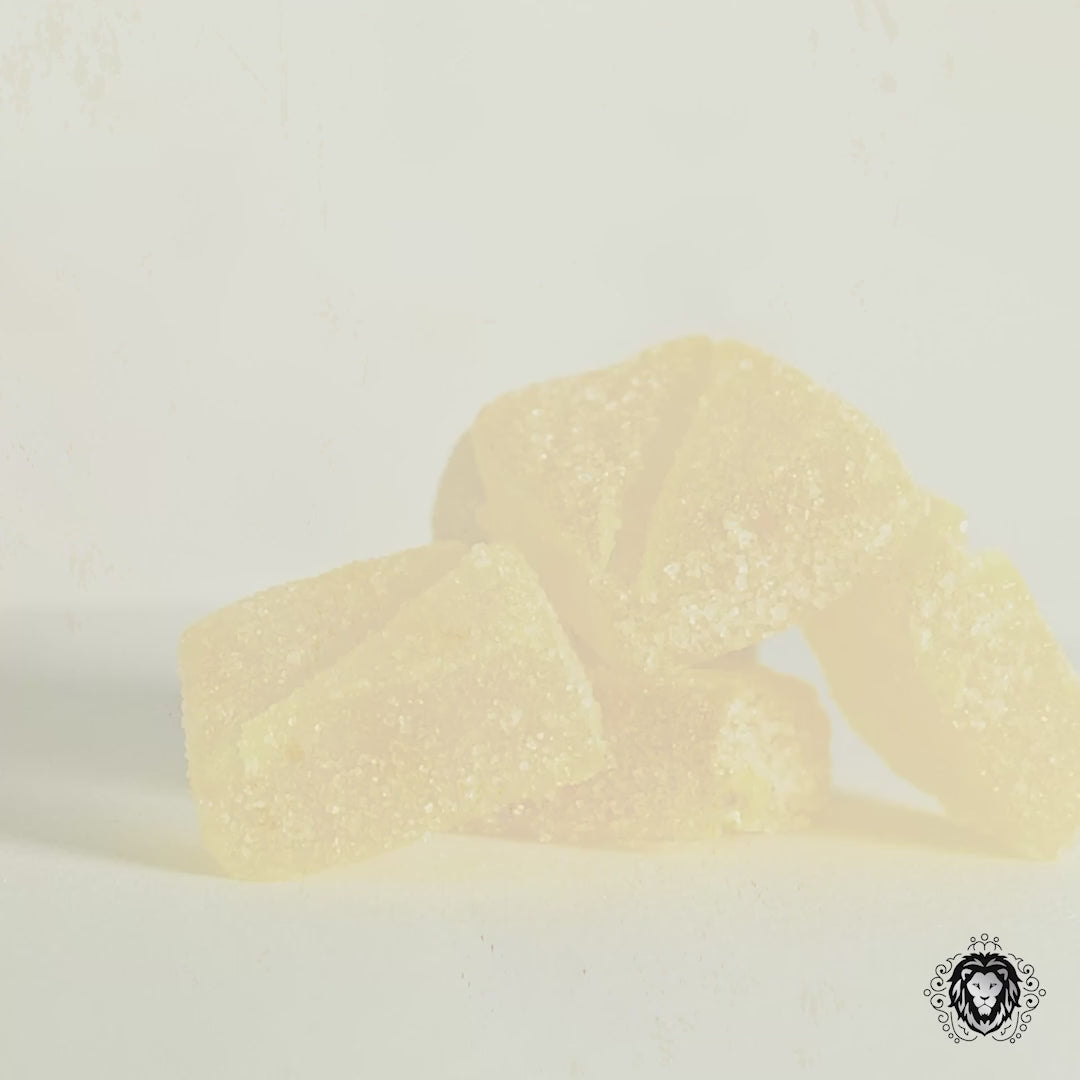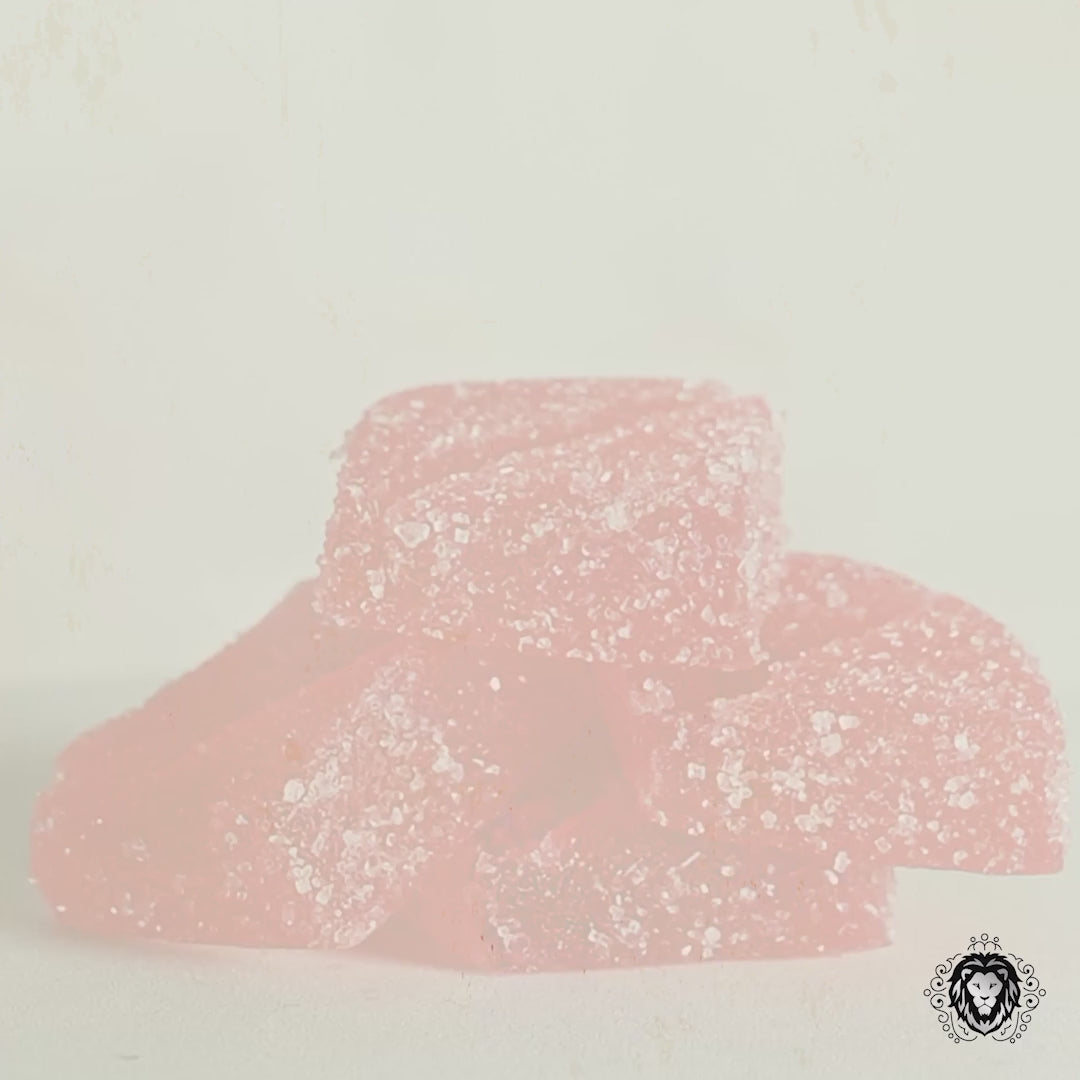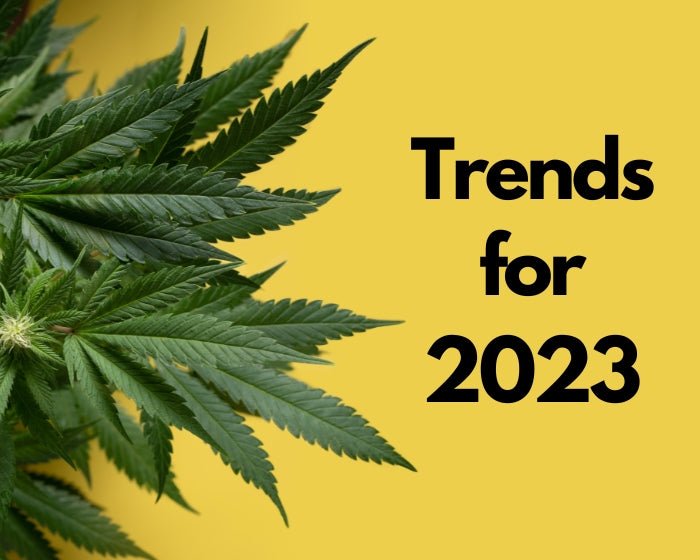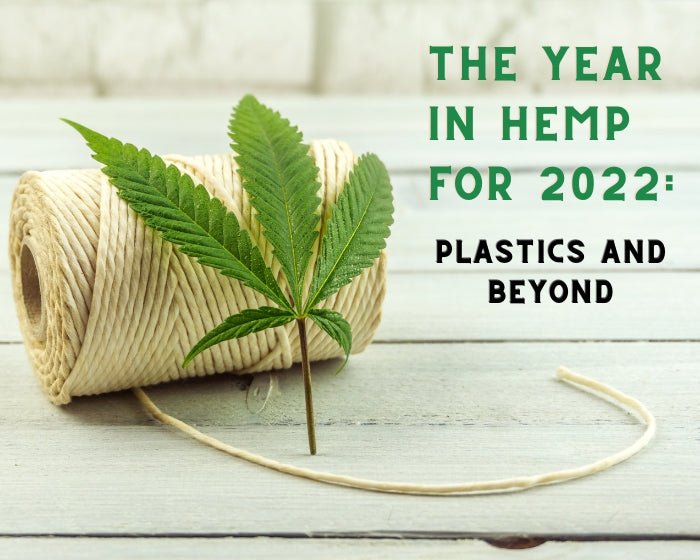The Minnesota hemp industry was dominated by an amended law "legalizing" hemp-derived THC food and beverage products this past year.

By all accounts, it has been a hectic and, at times, confusing year in the Minnesota hemp market. Since hemp was made legal by the Federal Farm Bill of 2018, Minnesota has become a leader in the cultivation of the plant and the manufacture and sale of a myriad of hemp-derived product offerings.
So when the state legislature added a somewhat innocuous amendment to the must-pass omnibus spending bill this past July, many industry stakeholders were a bit perplexed. As Nothing But Hemp detailed in "Clearing up Misconceptions Around Minnesota's Newest THC Law," the amendment made it legal to sell hemp-derived delta-9 THC food and beverages in Minnesota. The confusion stems from the fact that those products were already legal to sell in the state going back to the enactment of the Farm Bill in 2019.
That seminal legislation defined hemp as any part of the cannabis sativa plant that produces less than 0.3% of the delta-9 THC variant. Delta-9 THC is the most recognizable and prevalent variant used in THC production and produces that distinctive "high."
Any part of the plant that produces more than that threshold is deemed to be marijuana and is still illegal. This clarification allowed the re-introduction of hemp as a potential cash crop for farmers. Additionally, it enabled aspiring entrepreneurs to legally manufacture and sell products, like CBD oil, in all fifty states.
It also allowed businesses like Nothing But Hemp to sell hemp-derived THC food and beverage products. So what exactly does this new amendment "legalize?" Despite the widespread coverage by the media and somewhat misleading quotes by politicians, all the legislation does is restrict serving sizes to five milligrams and package sizes to 50 milligrams. It also attempts to childproof packaging and prohibits offerings from appearing candy-like. Likewise, items can only be sold to those individuals 21 years and older.
No one is arguing that these addendums to existing product regulations are not warranted and beneficial. Instead, what is causing consternation and frustration on the part of hemp business owners is the negative backlash brought on by numerous media outlets' continuous and factually inaccurate coverage.
As Nothing But Hemp owner Steven Brown explained, "No one has been covering it properly, and it is really heart-wrenching." Because of the media blitz, many consumers and influential lawmakers panicked, thinking their communities were about to be flooded with potentially "dangerous" products.
"No one has been covering it properly, and it is really heart-wrenching."
- Steven Brown, Owner of Nothing But Hemp
The media's reporting produced a spike in awareness of these food and beverage items, leading to increased interest among Minnesotans. Unfortunately, this attention led to a political domino effect of fear and misunderstanding, prompting local officials to ban products already perfectly legal to sell and consume before the amendment's passage.
According to the Minnesota Star Tribune, cities, including St. Joseph and Marshall, have temporarily banned THC products through moratoriums. St. Cloud and Le Sueur County also implemented similar regulations and restrictions.
For industry leaders like Brown, this is another classic example of lawmakers hurriedly adopting legislation to "fix" a problem without fully understanding the real issue. He and other stakeholders in the Minnesota hemp market believe the solutions for intelligent and fair THC legislation lie in creating a uniform licensing structure and implementing a more robust oversight system.
One of the biggest problems surrounding the enforcement of the law is that the woefully understaffed and ill-equipped Minnesota Board of Pharmacy has been tasked with overseeing all hemp-derived THC products in the state. With only 23 full-time employees, the Board's Executive Director Jill Phillips candidly admitted, "The board lacks expertise and experience with this industry, yet has been tasked with interpretation, education, and enforcement of the new statute."
"The board lacks expertise and experience with this industry, yet has been tasked with interpretation, education, and enforcement of the new statute."
- Jill Phillips, Executive Director of the MN Board of Pharmacy
Even those who supported the passage of the amendment recognize that there is still substantial room for improvement. One of those individuals is Jason Tarasek, a cannabis attorney with Minnesota Cannabis Law. He lobbied for the legislation but also expressed concerns about its effective enforcement. In his opinion, "We need a board of cannabis management. We can't push this off onto somebody who doesn't have experience with this."
"We need a board of cannabis management. We can't push this off onto somebody who doesn't have experience with this."
- Jason Tarasek, Attorney with MN Cannabis Law
An example of this enforcement issue was detailed in "MN Board of Pharmacy Cracks Down On Renegade Edible Makers," where the MN Board of Pharmacy, along with the Food and Drug Administration (FDA), filed suit against three hemp-derived THC edible manufacturers for producing and selling items that egregiously exceeded the limits outlined in the amendment. In that case, five Iowa teenagers fell ill after consuming edibles that had a serving size of 100 milligrams (20 times the legal amount).
Fortunately, the Board received a tip from the FDA. Otherwise, it may have gone entirely undiscovered. This incident clearly underlines the need for more and better resources for enforcement. Without it, local municipalities will continue to ban the sale of all hemp-derived THC products, legal or not, to protect their constituents from rogue operators.
The main lesson learned over the last half of 2022 is that additional legislation is critical to fill the gaping holes in the current amendment. With an appropriate licensing structure and proper and fair product taxation, there would be more than adequate funding to install additional regulatory and enforcement infrastructure to support the young and developing industry.
Minnesota Governor Tim Walz (D) recently shared his intention to have funding allocated for marijuana legalization in his upcoming 2023 budget proposal. And while many cannabis enthusiasts cheer his ambitious and aggressive tone for adding Minnesota to the list of states with legal adult-use marijuana, they might want to pause and take a step back. It may be more prudent to focus on ensuring all current THC legislation is in proper order before attempting to tackle an issue as complex and nuanced as a complete end to prohibition.
There is little doubt that 2023 will surely be a most eventful and captivating chapter in the Minnesota hemp story. So be sure to check in with Nothing But Hemp to see the latest news and notes in the most intriguing industry in the world.

































